15 Jun SCAM ARTISTS EXPLOITING “NORTH DAKOTA NICE”
June 15, 2022
Media contact: Liz Brocker (701) 328-2213
BISMARCK, ND – Several old scams are circulating once again in North Dakota, and they are catching people unaware, warned Attorney General Drew Wrigley.
The consumer protection division of the Attorney General’s office has seen a recent increase in reports from victims of imposter scams such as the “government official” and “computer virus warning” scams. The victims had been directed to withdraw cash from their bank and convert it into Bitcoin or cryptocurrency as part of the scam artist’s phony “investigation.” Some scam victims reported losses of tens of thousands of dollars before they realized they had been tricked.
Scam artists are turning to cryptocurrency because it is almost impossible to track the transactions, and the funds are instantly available from anywhere in the world.
“These scams continue to be successful because the fraudsters exploit our natural tendency to be cooperative; but if someone claiming to be a government official tells you to withdraw money from your accounts or purchase gift cards in order to avoid immediate arrest, I guarantee it is a scam,” said Attorney General Wrigley. “Furthermore, if you are instructed not to tell anyone about a requested transaction, that’s another sure sign of a scam.”
Several recent victims reported that they received a phone call supposedly from a Border Patrol officer claiming that the victim was under investigation for drug trafficking relating to a seized package of drugs addressed to the victim. The scam artists threatened victims by claiming they would be arrested immediately unless they cooperated with the caller. Call victims were instructed to keep quiet about, the “investigation,” and one victim was sent an electronic document that was falsely referred to as an arrest warrant. The victims were directed to withdraw large sums of money from their bank accounts, deposit the cash into Bitcoin and other cryptocurrency machines, and send the cryptocurrency as directed.
The victim of the “computer virus warning” scam, reported that when he called the “customer assistance number” in the computer popup warning, the representative asked him for the phone number on the back of his bank card. The victim then heard from a caller claiming to be a security officer with the bank’s fraud department. The phony security officer then told the victim not to say anything to bank tellers because the virus was part of a scam at the bank that was being investigated. The victim and his wife made several large cryptocurrency transactions before realizing they were the ones who had been scammed.
“Legitimate banking or governmental organizations do not conduct their business in such irregular fashion. The public needs to recognize that odd requests such as these are scams,” reminded Wrigley.
The Attorney General’s consumer protection division offers the following scam prevention tips:
- Don’t trust your caller ID. Scam artists use spoofing technology to display a phone number that is different from their actual number.
- Ignore the calls. If you have an answering machine, let the caller leave a message. Delete messages from anyone you don’t know personally.
- Hang up. If you hear the warning signs that it is a scam call, don’t worry about being polite, just hang up. Remember, if they tell you not to discuss it then it is a scam.
- If in doubt, call the consumer protection division toll free, 800-472-2600, before taking any action.
- Don’t pay over the phone by purchasing gift cards, wiring money, mailing cash, or sending crypto currency.
- Never allow scammers access to any of your devices.
# # #




Sorry, the comment form is closed at this time.